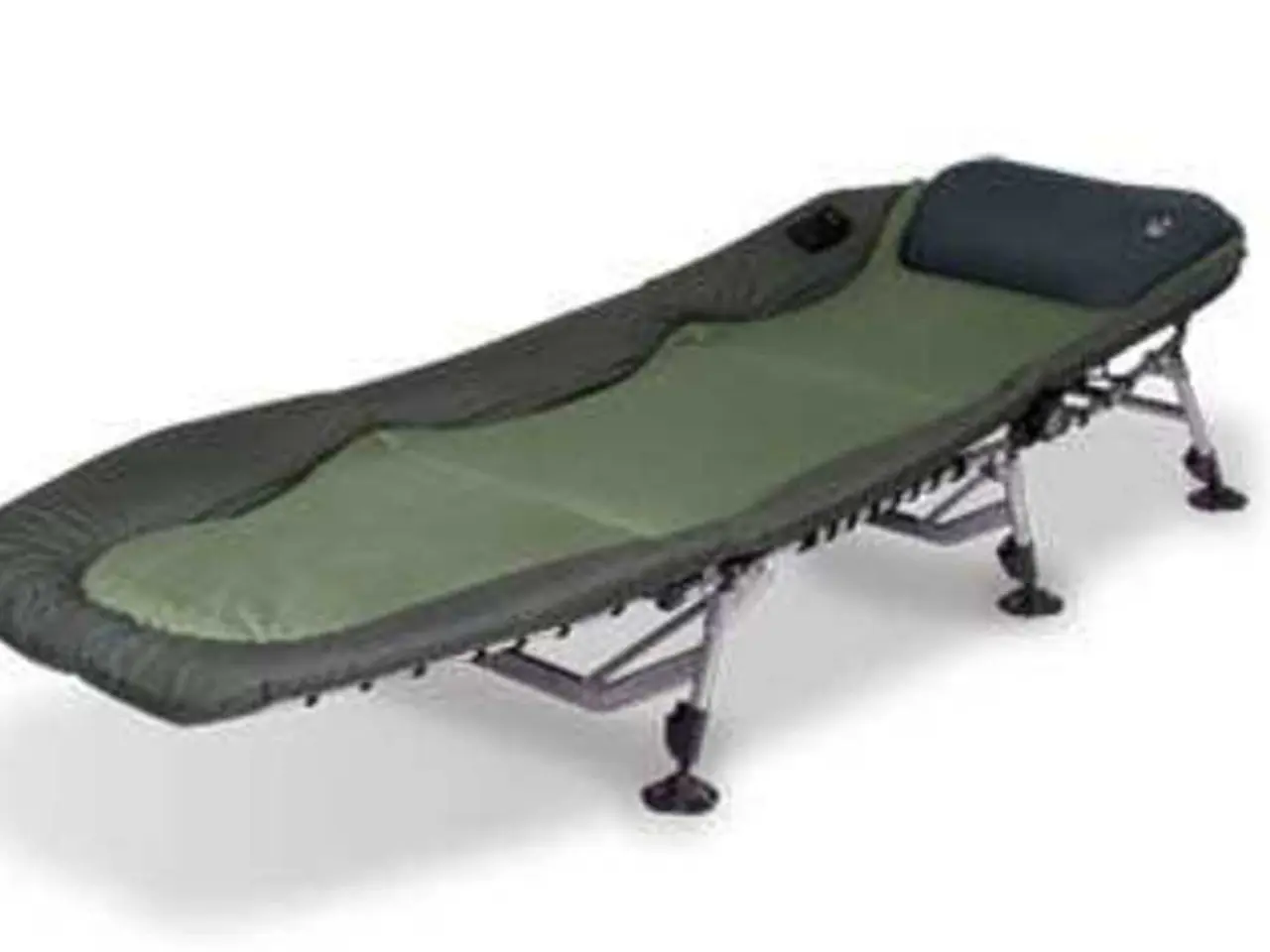Symptoms, Diagnosis, and Stretches for Rotator Cuff Injuries (Shoulder Impingement)
**Effective Treatment Options for Shoulder Impingement**
Shoulder impingement, also known as swimmer's shoulder, is a common condition that causes pain in the shoulder due to a tendon or bursa rubbing against the shoulder blade. This condition, often caused by overuse and repetitive use of the shoulder, can be managed effectively with a combination of conservative treatments, injections, advanced therapies, and in some cases, surgery.
**Conservative Treatment**
Rest and activity modification are crucial in the early stages of shoulder impingement. Avoiding painful movements can help reduce inflammation and prevent further damage. Ice therapy is another effective method for managing swelling, with ice packs applied for 15-20 minutes, 2-3 times a day.
Anti-inflammatory drugs like NSAIDs can provide pain relief, while physical therapy plays a significant role in the recovery process. Physical therapy uses safe, gentle exercises to strengthen the muscles in the shoulder and restore range of motion. Manual therapy techniques such as joint mobilizations and soft tissue manipulations are also included in the therapy.
**Injections and Advanced Treatments**
Corticosteroid injections can provide temporary pain relief and facilitate continued physiotherapy. High-intensity laser therapy, shockwave therapy, ultrasound therapy, and electrotherapy are other modalities that can complement traditional treatments by enhancing tissue healing and pain relief.
**Surgery**
In cases where the body does not respond to conservative treatments, doctors may recommend surgery to widen the space around the rotator cuff and repair any rotator cuff tears. Arthroscopic surgery, a minimally invasive procedure, is often used to remove bony spurs and increase joint space.
**Duration of Improvement**
Most patients begin to notice improvement within a few weeks of starting conservative treatment. Significant progress is often seen within 6-12 weeks, depending on the severity of the condition and adherence to the treatment plan. Continuous engagement with physical therapy is crucial for sustained recovery and to prevent recurrence. Surgery is generally reserved for cases where substantial improvement is not observed after several months of conservative care.
In general, the effectiveness of these treatments can vary based on individual health and the extent of the impingement. It is important to follow a comprehensive treatment plan under professional guidance.
Remember, learning to use the shoulder correctly and training on specific movements relevant to one's occupation or sport can help prevent future injury. Early diagnosis is also essential, as treatment can help prevent symptoms from getting worse. If you are experiencing symptoms such as difficulty lifting the arm past shoulder height, pain when reaching behind the back, general stiffness, throbbing in the shoulder, and swelling in the shoulder, it is advisable to consult a healthcare professional. With proper treatment and care, most cases of shoulder impingement can be successfully managed.
- AQ: Effective treatment options for shoulder impingement can significantly improve aq's quality of life.
- accidentandfalls: To prevent future shoulder injuries, learning proper technique for everyday activities and sports can help avoid accidentandfalls.
- bipolar: Proper management of shoulder impingement should not be neglected amidst dealing with bipolar, as it can affect overall health-and-wellness.
- obesity: Losing weight through nutrition and fitness-and-exercise plays a vital role in managing obesity and reducing stress on the affected shoulder.
- type: Understanding the type of shoulder impingement is essential to developing an appropriate treatment plan.
- diabetes: Managing diabetes and its potential effects on your immune system is crucial when dealing with chronic-diseases like shoulder impingement.
- depression: Mental-health issues such as depression may present alongside shoulder impingement, and addressing both is essential for a complete recovery.
- ankylosing: Individuals with ankylosing or other autoimmune-disorders may experience unusual responses to shoulder impingement treatments, requiring close monitoring.
- psoriasis: Patients with skin-conditions like psoriasis must take extra care to maintain eye-health during treatments and exercises for shoulder impingement.
- predictive: Early detection and treatment of shoulder impingement can help predict future chronic-kidney-disease by reducing the strain on these organs.
- spondylitis: Spondylitis patients may experience increased symptoms due to shoulder impingement, necessitating a coordinated approach to managing both conditions.
- science: The science behind shoulder impingement treatments has evolved, with advanced therapies now available for its management.
- medical-conditions: Healthcare professionals must consider any pre-existing medical-conditions when developing a treatment plan for shoulder impingement.
- chronic-diseases: Living with chronic-diseases like diabetes and obesity can make dealing with chronic-diseases like shoulder impingement more challenging.
- chronic-kidney-disease: Regular monitoring of chronic-kidney-disease is essential before beginning treatments for shoulder impingement to ensure safe and effective care.
- cance: Cancer patients may be more susceptible to complications from shoulder impingement treatments, making careful planning crucial.
- respiratory-conditions: Patients with respiratory-conditions should discuss their medications and potential interactions with their healthcare providers before initiating shoulder impingement treatments.
- digestive-health: Individuals with digestive-health issues may need to modify their diets while undergoing shoulder impingement treatment for optimal healing.
- hearing: Regular checks with an audiologist can help monitor any changes in hearing related to the medications used in treating shoulder impingement.
- sports: Athletes with shoulder impingement should focus on rehabilitation and return-to-play protocols to prevent reinjury during sports.
- football: Football players are prone to shoulder impingement due to the demanding nature of the sport, but proper treatment can help limit long-term consequences.
- nfl: NFL players may require specialized treatment for shoulder impingement to ensure rapid recovery and return to play.
- wnba: WNBA players, too, can benefit from tailored shoulder impingement treatments to minimize downtime and maximize performance.
- baseball: Baseball players, particularly pitchers, are also at risk of shoulder impingement, making early detection and proper treatment crucial.
- hockey: Shoulder impingement in hockey players can be managed effectively, allowing them to continue their career while maintaining cardiovascular-health.
- golf: Golfers can work with physical therapists to address shoulder impingement and continue maintaining their neurological-disorders through the sport.
- sports-betting: For those placing bets on European-leagues, accurate sports-analysis of players' health, including shoulder impingement, can help inform well-informed wagering decisions.




